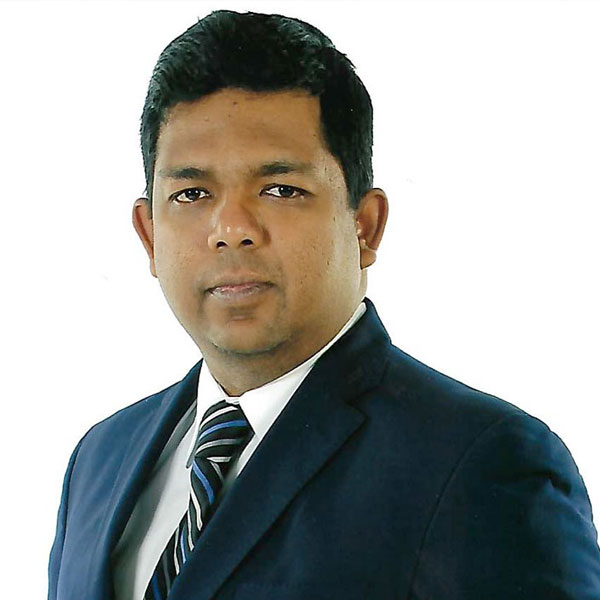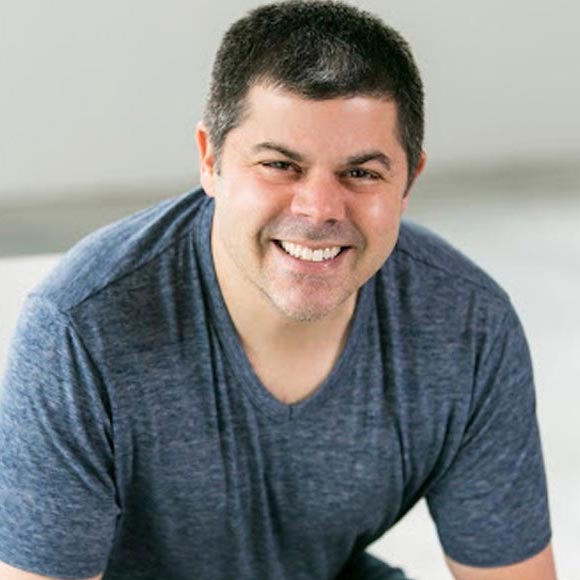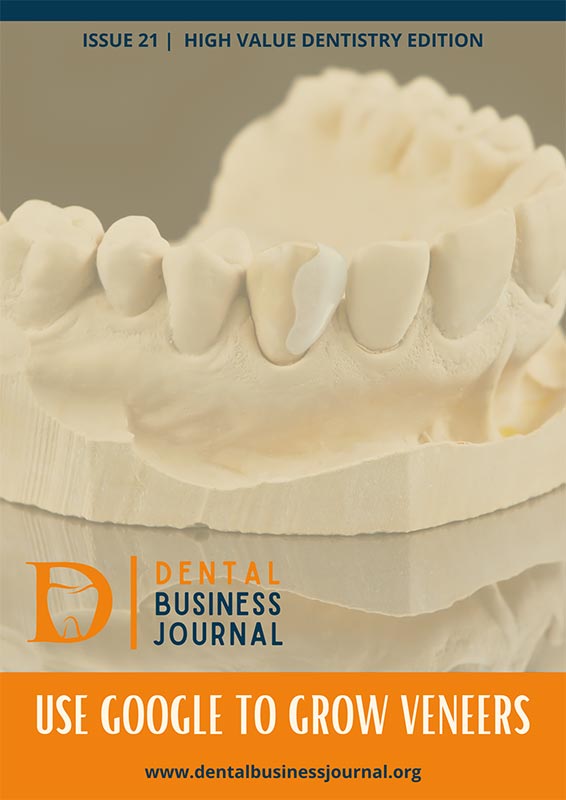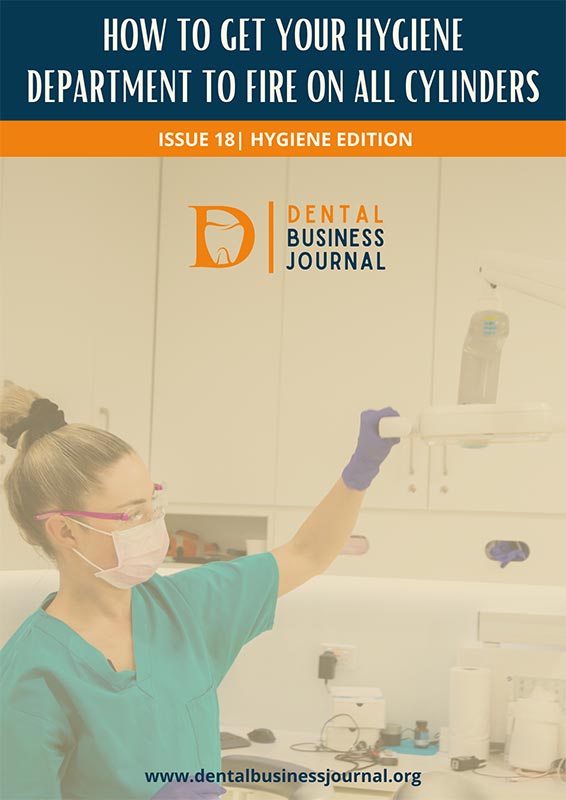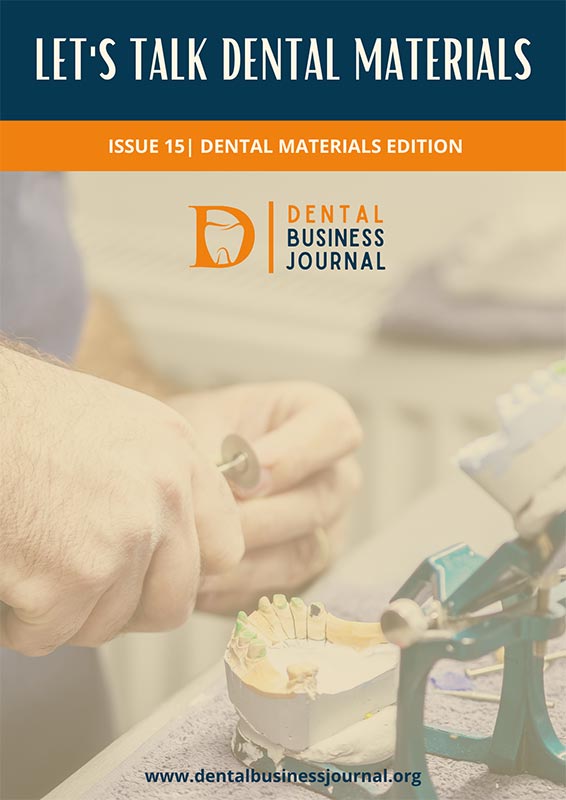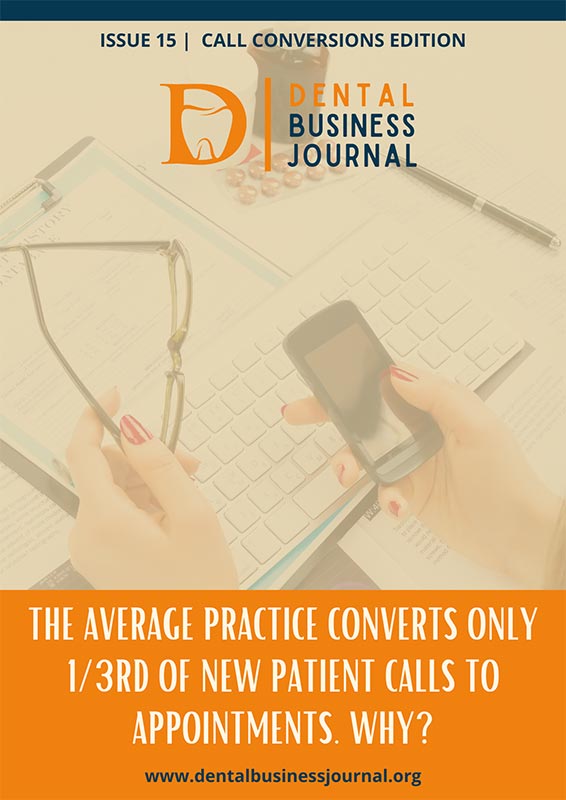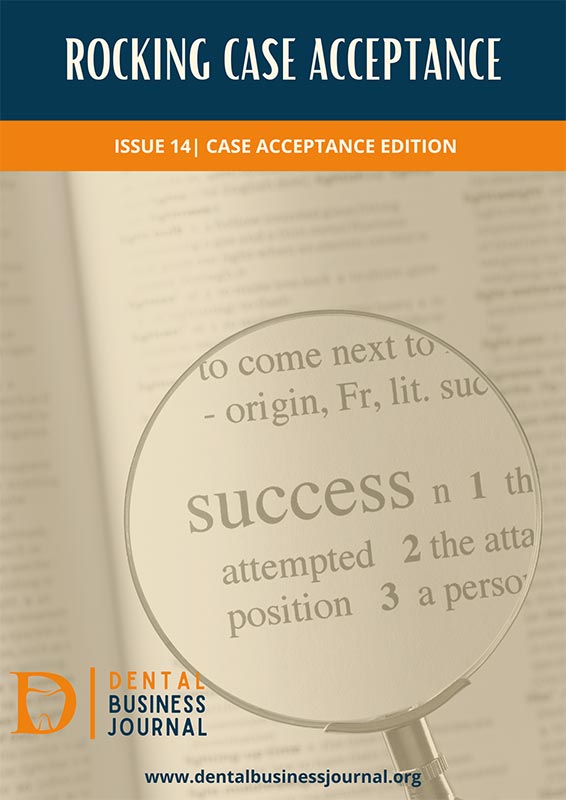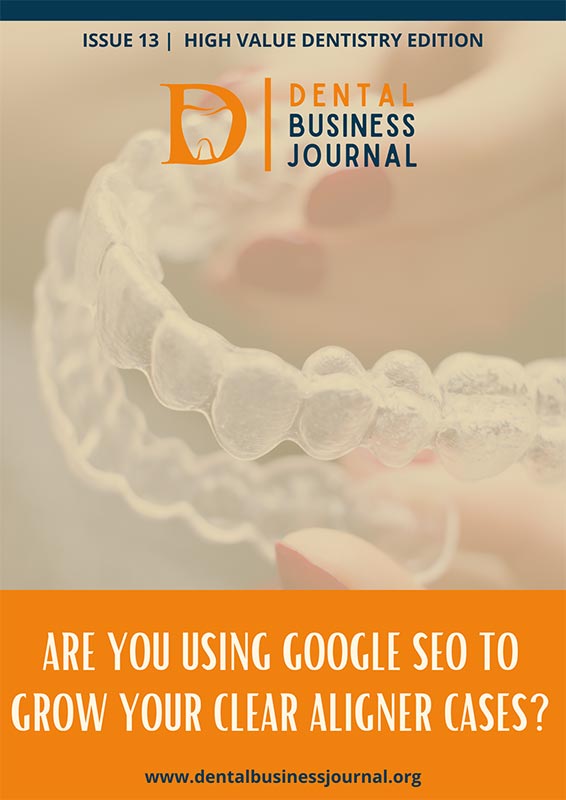Training Your Dental Assistant
As a practicing dentist, achieving clinical excellence and providing top-notch patient care is paramount for having a successful long-term career. One key factor in achieving this is training your dental assistants to help you to the best of their abilities. In this issue, we’ll discuss some practical tips for maximizing the skills of dental assistants to help make your practice more efficient, productive, and less stressful.
You can’t do this alone!
So how do you operate an efficient and productive daily practice at the highest level possible? The answer lies in training your dental assistants and teaching them well. The first step in this process, however, is you. Before you can train others, you must create your predictable clinical workflows. Early in my career, I didn’t have a repeatable system and would wing it when it came to prepping and restoring teeth. Now I have a specific game plan for every procedure. I go from step to step, material to material, bur to bur, etc. Each stage has a purpose. I go in order, and I don’t skip steps. Once you have successfully created this in your head, you can share that knowledge with your team.
Nevertheless, Most dental assistants did not attend dental school, nor can they read your mind, so you must show them exactly how you want your rooms to be set up, what materials and instruments you like to use, and in what order. The more you show them exactly how you work, the more they can help you.
When you can get to the point where you have trained them so well, and they have done the procedures enough times, they can start to anticipate your every move and be one step ahead of you. Your assistant will be ready to support you every step of the way.
This can help prevent unnecessary interruptions during procedures and create a
speedier workflow. You will appreciate their level of training and performance; they will appreciate the effort and dedication you have invested in them, and guess who else will benefit from all of this? The patient. When the assistant and dentist are on the same page, patients will likely feel at ease and wowed by this tandem. Like an incredible orchestra, everything must be in sync for the procedures to happen seamlessly. And this creates less stress for everyone.
Crowns and fillings
I use a hands-on approach to demonstrate my crown and composite filling workflow. These are two of the most common daily procedures in my general practice. Using a Typodont, I first prep the teeth, showing the assistants my bur preparation workflow. I then restore the teeth with a temp crown or composite filling with my materials of choice. Next, I’ll show them how I adjust, check occlusion, and polish. I do this exactly how I would go in a live patient’s mouth. Then, after this watch-and-learn simulation, I re-prep the teeth and will have the assistant do the temp crown and restore the teeth themselves on the Typodont right in front of me.
That’s right, you heard me; I have them restore a class II filling on the Typodont themselves.
Remember, telling them is excellent; showing them is better, but having your assistant do it is the best. They can better grasp why you are doing what you are doing and why in that specific order.
The importance of team meetings
Team meetings with dental assistants ensures everyone is on the same page and working together as a cohesive unit. These department meetings should be held regularly (either monthly or every quarter). During these meetings, the dentist can discuss what happened at the previous session, any new products or techniques they are using, and what can be improved upon. It’s also an excellent opportunity for new assistants to get up to speed and feel like a part of the team. While daily morning huddles can serve as everyday mini-meetings, having a dedicated hour for just the assistant department is recommended.
Power in numbers
Having more dental assistants on staff, the better. I like having two and, ideally, three dental assistants working with me daily. This may be challenging for some practices due to the extra overhead or difficulty finding staff, but it has been a wise investment for my style of dental practice. It ensures that enough support staff is always available to assist the dentist.
This can also increase revenue and staff loyalty and helps if someone calls in sick. In addition, with multiple assistants, procedures can be streamlined, same-day dentistry can be accomplished, and everyone doesn’t have to be running around like they are on roller skates.
Having that extra assistant or two allows for taking a same-day scan or impression of a bleaching tray, night guard, or clear aligners. Depending on their availability during the day, they can also help the hygiene team take x-rays or set up or clean up a room in case they run late.
Let’s do this!
More teams, training, and communication make for a happier, more loyal team and a fulfilling lifestyle for the dentist. Great for you, great for the patient, and great for the group of assistants!
Do you want to listen to the official podcast episode of this journal?
Watch the full interview on YouTube!
Subscribe and get notified of more episodes like this!
